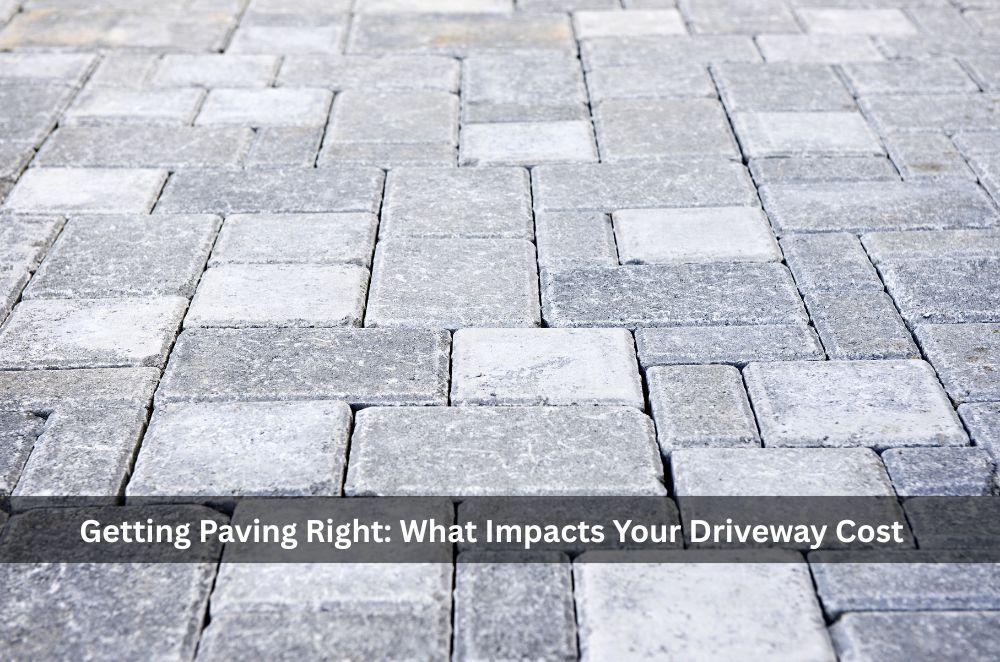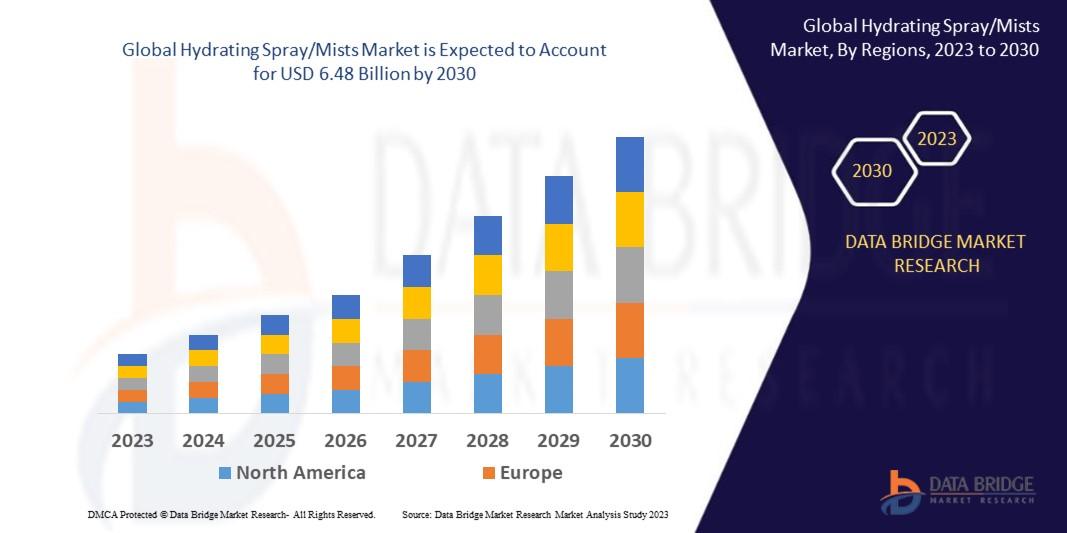Getting Paving Right: What Impacts Your Driveway Cost

Most people only think about their driveway when it’s cracked, uneven, or dragging down the look of the whole place, but sorting out new paving? It’s not just a matter of picking a colour or pattern. Underneath it all, the driveway paving cost is usually the first thing that makes you pause. That price tag grabs your attention, fair enough, but as anyone who’s been through a messy reno will tell you, there’s more to the cost than meets the eye. Prep work, unhelpful weather, drainage that’s not up to scratch—all of it can push up the bill. And then you have to think about how long it’ll last. Choose the wrong stuff and you’ll be replacing it sooner than you bargained for.
Choosing the right pavers for Sydney homes
There’s no “perfect” paving choice for everyone, especially in Sydney, where climate and block shapes can throw up surprises. Some folks lean towards natural stone because it looks incredible, but the price is enough to put most off. Concrete feels like a sensible choice if you’re watching your budget, but be aware that it can heat up in summer and show wear sooner than you’d like. Brick pavers can be a good middle ground if you want some texture without going overboard on cost. Still, it’s not just about what you pay upfront. Resealing, weed control, and cleaning all add to the long-term spend.
-
Concrete usually offers the best price-to-longevity ratio
-
Porous pavers can help with stormwater run-off
-
Stone suits heritage homes, but is rarely budget-friendly
-
Labour costs often outstrip materials for tricky sites
Common pitfalls: What pushes up your bill
There are always surprises once the work starts. Anyone who’s dug up a driveway and found old pipes or roots knows what I’m talking about. Skimping on site prep is a classic trap, and it usually costs more in the long run. If you don’t get drainage right, water will pool and cracks will appear before you know it. Site access is another quiet culprit; steep slopes, tight entryways, or wide driveways can all drive up the cost in ways you didn’t expect.
-
Skip site prep, and you’ll likely pay for it later
-
Upgrading drainage adds upfront cost, but saves later
-
Council permits might be needed—check before work starts
-
Choosing the cheapest option can be a false economy
Value for money: Smart ways to decide
It’s easy to pick the lowest quote and just hope it works out. However, the driveway is visible from the front for everyone to see. If you go with the cheap job, you’ll soon spot the cracks and dips, plus end up paying for ongoing fixes. Higher quality materials and finishes might sting at first, but they do pay off if you ever decide to sell. Some pavers barely need a rinse, while others leave you out there with a broom every month.
The truth is, good paving isn’t just ticking a box or making the house look nice. Done well, it can actually boost your property’s value, tie the whole place together, and mean less stress later on. In a lot of Sydney’s suburbs, property value rises with quality paving, so it’s worth thinking about the long-term gain as well as the upfront spend.
Conclusion
Don’t let price alone make the call. Take some time to consider materials and site needs because it’s worth it. Getting the right paving now means more street appeal, fewer hassles, and a driveway that makes you glad to come home.






